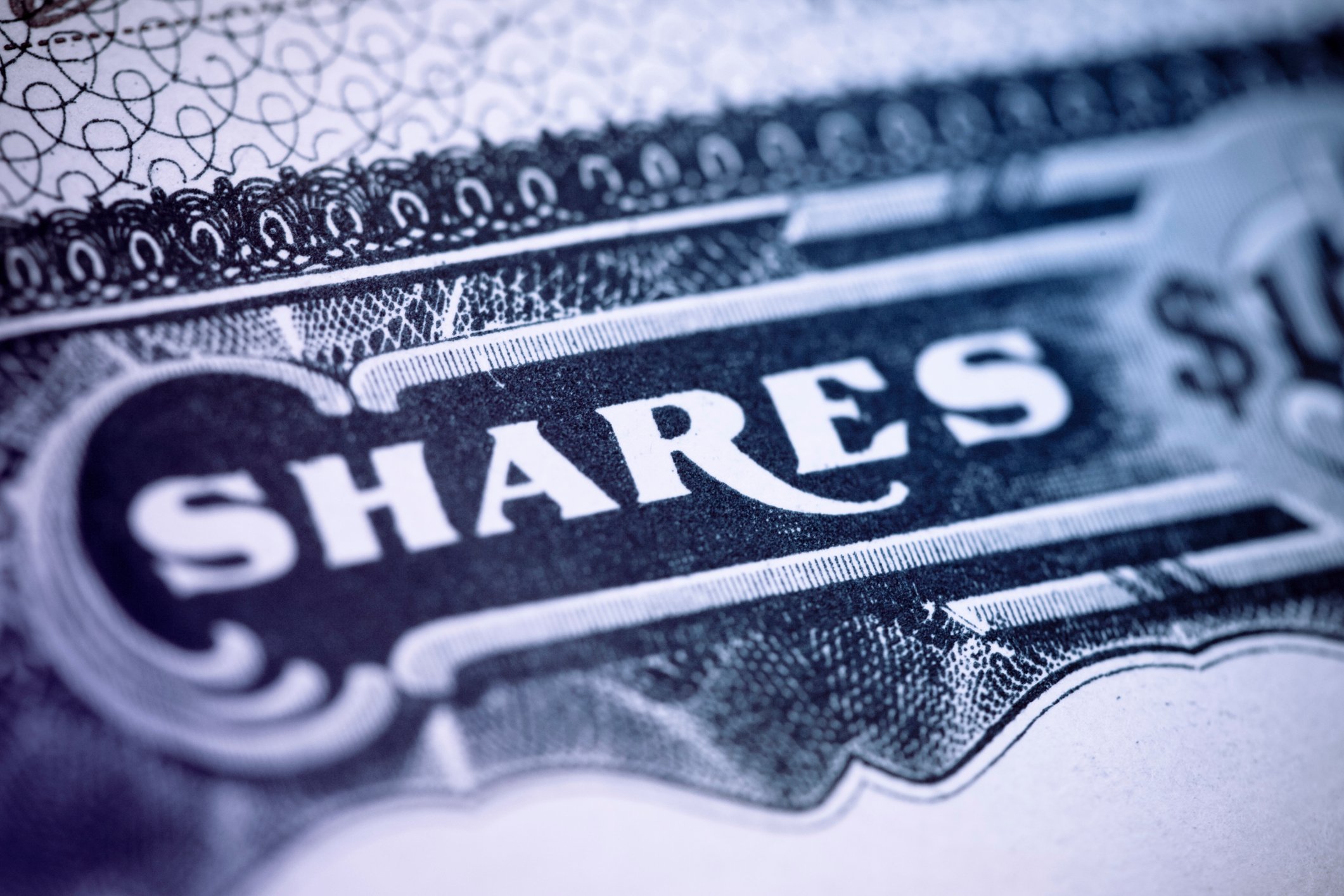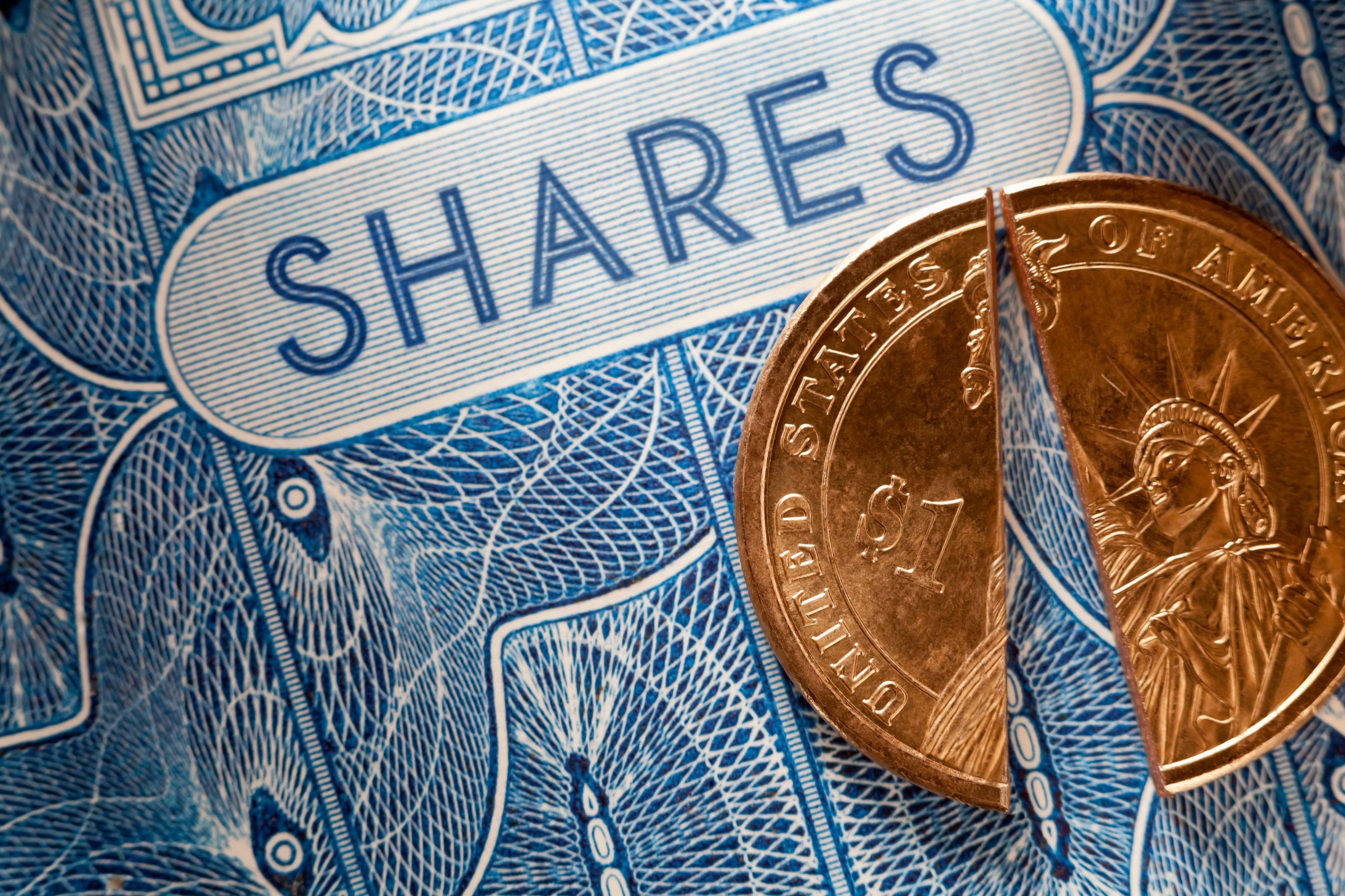Sirius XM Holdings (SIRI +0.00%) began the trading week within spitting distance of an 11-year high, and it barreled through that ceiling on Thursday after posting blowout financial results. The last time that it traded this high, it was early 2006 and Howard Stern had taken to the satrad airwaves just a few weeks earlier.
Sirius XM's $1.348 billion in revenue for the second quarter was 9.1% above what it brought in a year earlier. It may not seem like much, but the results snapped a four-quarter streak of year-over-year decelerating growth. The media giant came through with modest growth across each of its four revenue-generating segments.
One streak it didn't snap was on earnings per share: For the fifth consecutive quarter, Sirius XM reported EPS of $0.04 -- and that's where analysts' consensus was perched. The company has been aggressively buying back stock, but the division is fierce when you have 4.7 billion fully diluted shares outstanding. The good news is that net income itself has risen by nearly 15% to $202.1 million since the prior year.

Image source: Sirius XM Radio.
As the world Sterns
The beauty of Sirius XM's model is its scalability. Fixed costs may be high, but variable costs are generally low -- especially since the burden of escalating music royalty fees is passed on to paying subscribers.
The premium radio titan keeps growing in popularity with every passing quarter. Sirius XM closed out Q2 with 32 million total accounts, 445,000 more than it had a year earlier. Car sales may be sluggish these days, but the company is finding a way to keep widening its reach.
"Sirius XM has routinely boosted its guidance, and if it's to hit its highest levels since 2006 at the end of the new week, it will probably have to do so again," I wrote earlier this week, and that's exactly what happened.
The company increased its full-year guidance for subscribers, revenue, and adjusted EBITDA. It now foresees self-pay net subscriber additions growing by 1.4 million in 2017, along with revenue and adjusted EBITDA of $5.375 billion and $2.05, respectively. It left its free cash flow target of roughly $1.5 billion intact.
The conference call that followed on Thursday morning was Sirius XM's first since it snapped up a minority stake in Pandora (P +0.00%), one based on convertible shares that could translate into a 16% stake in the music-discovery pioneer. Management nipped any eventual Pandora buyout chatter in the bud, saying that Sirius will remain a minority stakeholder, and that its investment is not predicated on cooperation or synergies. Sirius XM is still trying to figure out if it's worth pursuing a free ad-based platform on its own, and buying a piece of Pandora will merely help it arrive at the answer with more information. As long as it keeps growing its base of satellite radio subscribers, there really won't be a need for a second act.






